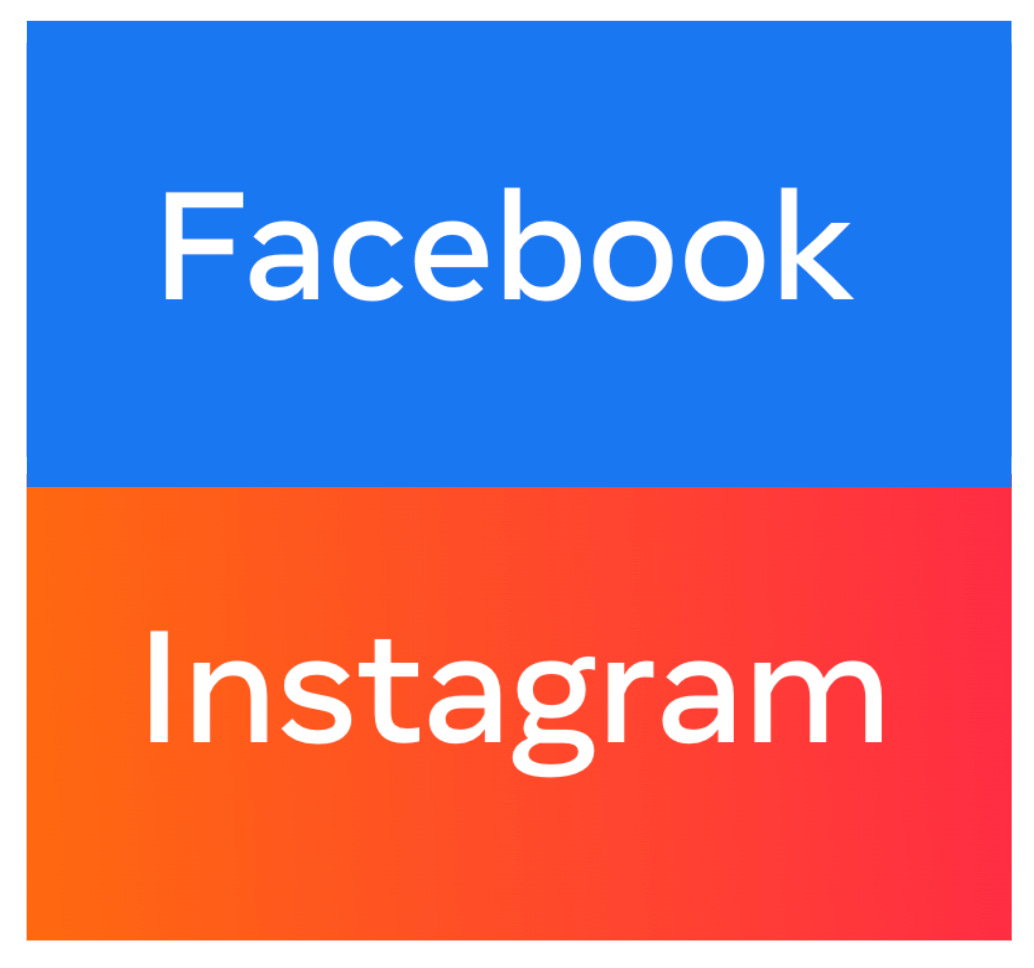Vermont AG Wins in Vermont Supreme Court Against Meta's Facebook and Instagram. It's Likely The Battle Isn't Over
Meta did not issue an immediate public statement following the Vermont Supreme Court's decision, a common practice for companies engaged in high-stakes litigation.
Vermont secured a significant legal victory against social media giant Meta last week, but the win is just the opening bell in what is expected to be a prolonged and hard-fought battle. On Friday, the Vermont Supreme Court affirmed the state's right to sue Meta, the parent company of Instagram and Facebook, in a Vermont court. The ruling, while a crucial first step for the state, was not a judgment on the lawsuit's accusations but rather a decision on legal jurisdiction—where the fight will take place.
Now, as the case heads back to a lower court, a look at Meta's extensive legal history suggests the company is preparing for a war, not a quick surrender.
Confirming the Courtroom Victory
The initial reporting on the Vermont Supreme Court's decision was accurate. The court decisively rejected Meta's argument that it could not be sued in Vermont because its operations are not based here. In its August 29, 2025, decision, the court stated, “A company that reaches out and purposefully avails itself of a forum state’s market for its own economic gain can expect to be hauled into court in that jurisdiction to account for its conduct.”
Attorney General Charity Clark celebrated the ruling as "an important step in our effort to hold Meta accountable." However, the ruling solely addresses the procedural question of jurisdiction. The court did not weigh in on the truth of the state's allegations. That fight, over the substance of the claims, is what comes next.
The Heart of the Lawsuit: Vermont's Allegations
Vermont's lawsuit, filed in coordination with over 40 other states in October 2023, accuses Meta of violating the Vermont Consumer Protection Act. The state's original complaint alleges that Meta knowingly designed Instagram with psychologically manipulative features to make it addictive for young users, including teenagers in Vermont.
According to the complaint, Meta was aware of the harm its platform could cause—including anxiety, depression, and body image issues—from its own internal research. The state claims that instead of mitigating these harms, Meta concealed its findings and continued to deploy features like "infinite scroll" and persistent notifications to maximize the time young people spent on the app, thereby increasing its advertising revenue. The lawsuit seeks to stop these practices and levy civil penalties of $10,000 for each violation.
Meta’s Potential Next Moves
With the jurisdictional fight lost in Vermont—a result seen in similar challenges by Meta in other states—the company has a few options, none of which involve giving up.
Appeal to the U.S. Supreme Court: Meta could petition the nation's highest court to review the jurisdictional ruling. However, legal experts consider this a long shot, as the Supreme Court accepts very few cases and typically only intervenes if there is a major conflict among lower courts on a point of federal law.
Fight in Vermont Superior Court: This is the most likely path. The case will return to the trial court to proceed with discovery, where the state will seek to obtain more internal documents and depose Meta employees. This phase is often a years-long, costly legal slog.
Seek a Settlement: At any point, Meta could decide that a settlement is more advantageous than a protracted public court battle and the risk of a jury verdict. A settlement would likely involve a substantial financial payout and an agreement to change some of its platform's features.
Notably, Meta did not issue an immediate public statement following the Vermont Supreme Court's decision, a common practice for companies engaged in high-stakes litigation.
A Pattern of Tenacity: Meta's Legal Playbook
To understand how this case might unfold, one need only look at Meta's history when faced with major legal and regulatory challenges. The company has repeatedly demonstrated a willingness to use its immense financial resources to fight, delay, and appeal unfavorable outcomes.
The FTC Antitrust Lawsuit: The U.S. Federal Trade Commission sued Meta in 2020, seeking to break up the company by forcing it to sell Instagram and WhatsApp. Meta has fought the lawsuit at every turn, filing multiple motions to dismiss and gearing up for what could be a decade-defining antitrust battle.
European Union GDPR Fines: In Europe, Meta has been hit with billions of dollars in fines for violating the GDPR, the continent's strict data privacy law. Rather than simply complying, Meta has engaged in lengthy appeals, challenging the legal basis for the fines and fighting to delay implementation of required changes to its data-handling practices.
Cambridge Analytica Scandal: Following the 2018 scandal involving the improper harvesting of user data, Meta paid a $5 billion FTC fine and a $725 million settlement in a class-action lawsuit. While these were massive sums, they came only after years of litigation and allowed the company to avoid admitting wrongdoing.
This history reveals a clear playbook: challenge, appeal, and litigate for as long as possible. While the company does settle, it often does so only after a long and expensive fight designed to limit the scope of the consequences.
For Vermonters, last week's court victory was a critical win that ensures the state gets its day in court. But for Meta, it was merely the loss of a preliminary round. The main event, which will decide if and how the tech giant will be held accountable for its impact on Vermont's youth, has just begun.



